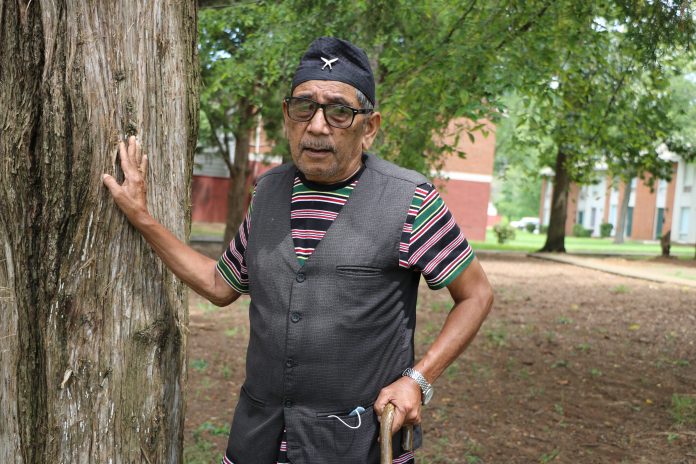“Umm… My typical day in Bhutan? Interesting question! I am getting older and older and memories have started to fade away gradually. I am glad you wanted to know about my past. Let me first spit the chewing tobacco and recall with a fresh mind. Like many others back in the day, I used to wake up to the crow of roosters everyday – I mean every single day while in Bhutan. My day would start with a few cups of hot tea. Taking care of outdoor chores, in particular, gardening and farming crops was something I would put my efforts into on a daily basis. That’s what my parents wanted me to do too. We had a big family. I did not have other choices. Once energized with a few cups of hot tea in the early morning hours, depending on the season, I would mostly spend my day working in the crop-field. We used to have beans, paakhe rice, buckwheat, mustard, wheat, corn and few other crops. The main source of clean drinking water was about a mile uphill from my house. Walking up and down to get water, that too for a large family, was often a challenge. Yet it was filled with excitement. We were drinking very fresh, healthy and natural water. My mother and I were mostly the ones responsible for getting enough water for the entire family. Once we called off the day, we would eat dinner, take rest for an hour, and sleep early because we knew we had to wake up early the following day. This same pattern was sort of my routine back in the days.”
___
Man Bahadur Darjee, 78 is originally from Chirang, Bhutan and based in Charlotte, North Carolina at the time when this story was compiled.
Story and Photo compilation by TP Mishra for BNS.

